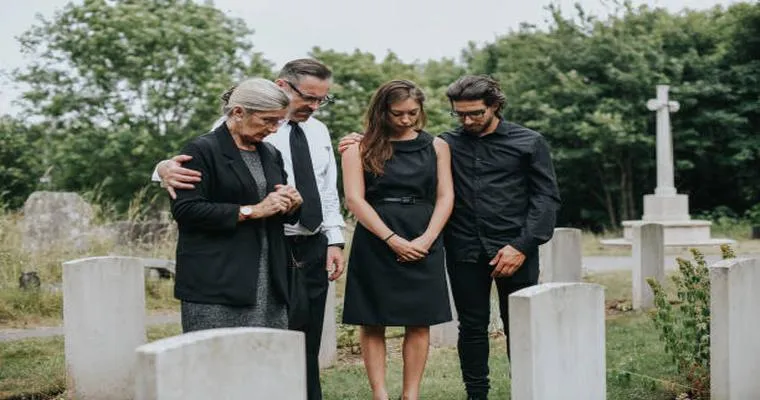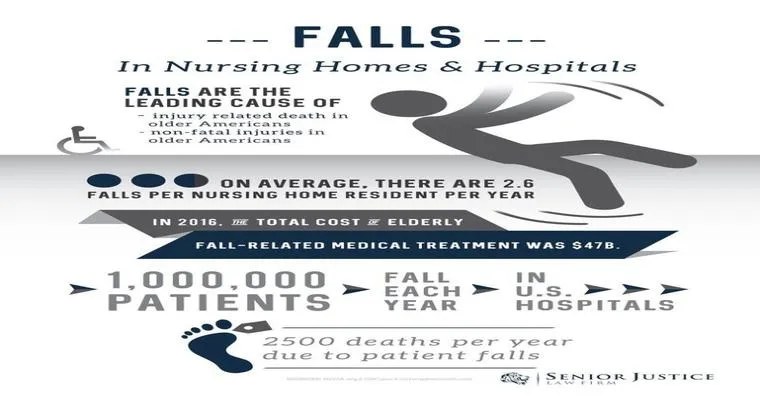When a loved one passes away, "funerals" serve a crucial role in the grieving process for families. They provide a time and space for "family members" to come together, reflect on the life of the deceased, and support one another during a profoundly difficult time. Understanding the importance of "family dynamics" in the context of funerals can help ease the burden of loss and facilitate healthier grieving processes.
The Role of Family in Funerals
Funerals are not merely events to commemorate the deceased; they are vital gatherings that strengthen "family bonds". In many cultures, family is at the heart of funeral traditions, where rituals and practices are often passed down through generations. These traditions provide a framework for families to express their grief, celebrate the life of the departed, and share memories that can be both healing and comforting.
Emotional Support
The emotional toll of losing a loved one can be overwhelming, and that is where the presence of family becomes invaluable. During funerals, family members often find solace in each other’s company. Sharing stories, remembering happy moments, and even shedding tears together can create a sense of community and understanding. The collective grieving process allows individuals to process their emotions in a supportive environment, which can be instrumental in healing.
Planning Together
Planning a funeral can be a daunting task, but it also presents an opportunity for family members to collaborate and honor the wishes of the deceased. Involving the entire family in the planning process can alleviate stress and ensure that the service reflects the life and legacy of the loved one. From selecting music to choosing readings, each family member can contribute to creating a meaningful tribute that resonates with everyone.
Navigating Family Dynamics
While funerals can strengthen relationships, they may also bring underlying tensions to the surface. Family dynamics can be complicated, especially during times of grief. Different coping mechanisms and varying levels of emotional expression can lead to misunderstandings among family members. It is essential to approach these situations with empathy and patience. Recognizing that everyone grieves differently can foster a more supportive atmosphere.
Creating Lasting Memories
Funerals provide a unique opportunity to celebrate the life of the deceased while creating lasting memories for the family. Many families choose to include personal touches, such as photo displays or memory boards, to honor their loved one’s legacy. These elements can serve as a foundation for future family gatherings, allowing members to reminisce and keep the memory of the deceased alive.
Conclusion
In conclusion, "funerals" are a significant event for "families" that extend beyond mere rituals. They are an opportunity for healing, bonding, and honoring the life of a loved one. By understanding the role of family in the funeral process, individuals can navigate their grief more effectively and foster deeper connections with those who share in their loss. Embracing the support of family during such a challenging time can make all the difference in the journey toward healing and remembrance.





